CALL Courses: Winter 2024
All Winter 2024 courses run January 22 – March 11, 2024. Courses are online and fully asynchronous, each week a separate interactive lesson featuring discussion with your classmates and instructor. Registration is $245 or $215 for students from our local formation partner dioceses and members of the Association for Episcopal Deacons.
- The Pentateuch with Rev. Kamilah Sharp
- Church History: Wisdom for Mission with Dr. Sheryl Kujawa-Holbrook
- Images of Diakonia with Rev. Phina Borgeson
- New Testament Introduction with Rev. Laurent Lokitakatshi-Odjango
- Liturgical Leadership with Dr. Melissa Hartley Registration for this class is closed
- God & Climate Change: A Biblical Perspective with Dr. Donn Morgan
- Pastoral Care with Marginalized Communities with Rev. Dr. Sarah Price
- Celtic Spirituality and English Mysticism with Rev. Daniel London Registration for this class is closed
- Theology of the Cross with Dr. Stephan Quarles Cancelled
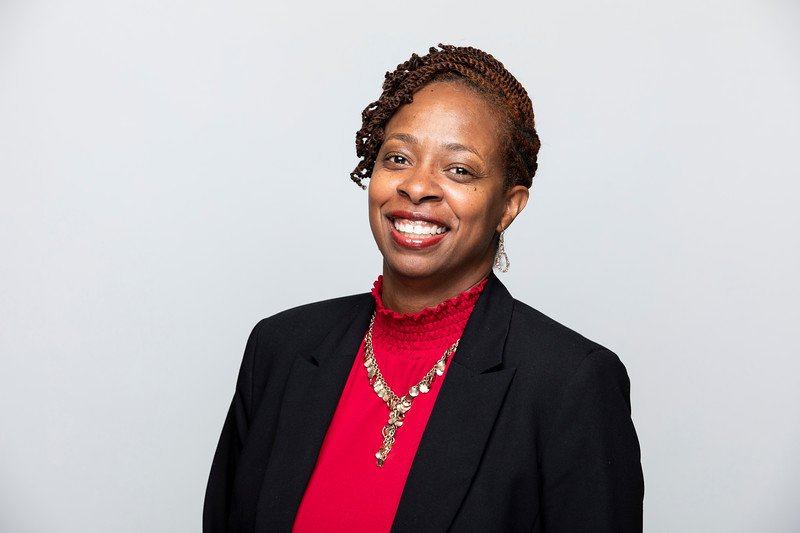
The Pentateuch is a survey course in which students examine the first five books of the canon of the Hebrew Bible. Students will attend to the patriarchs and matriarchs, the earliest covenants, the exodus traditions, laws, codes, and rituals of the agrarian society represented in the biblical world of the Pentateuch. Students will explore a) the socio-historical context out of which the biblical text most probably emerged, b) select methods and tools of biblical scholarship, and c) the engagement of modern users with the biblical text.
Instructor: Kamilah Hall Sharp is a native of St. Louis, Missouri, and currently residing in Desoto, Texas, with her spouse Nakia and daughter Anaya. After practicing law for ten years, she accepted a call to ministry. As a Ph.D. candidate in Biblical Interpretation-Hebrew Bible at Brite Divinity School at Texas Christian University, her scholarship focuses on the intersection of race, gender, and class with the biblical text and contemporary culture. She holds a Bachelor of Science in Business Economics from Florida A&M University, a Master of Divinity from Memphis Theological Seminary, and a Juris Doctor from Indiana University-Bloomington.
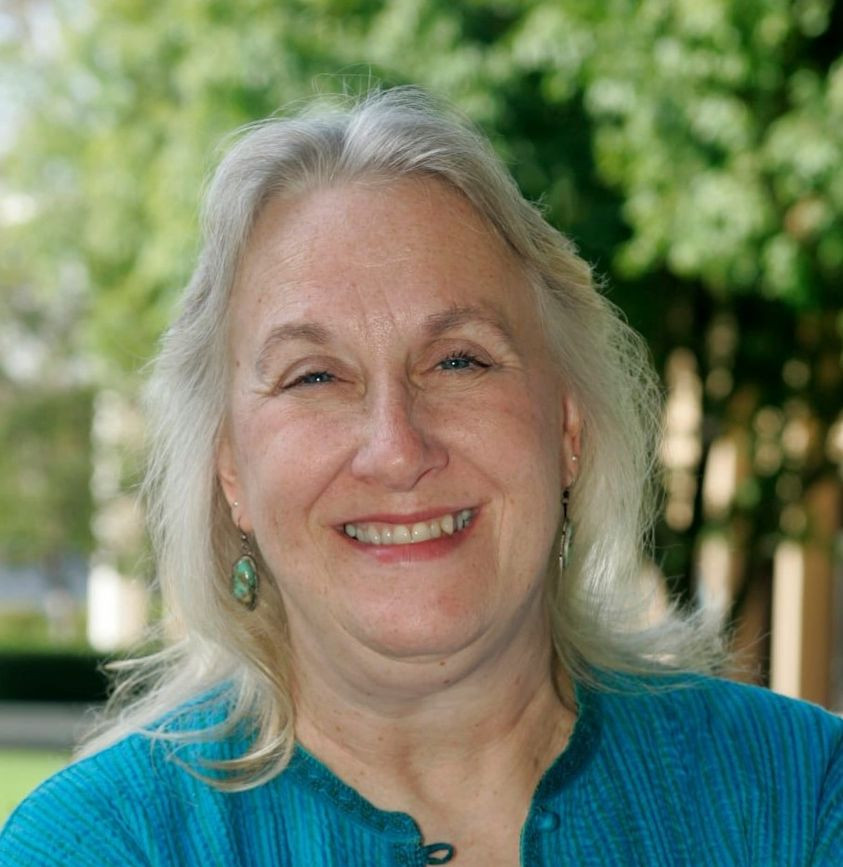
This survey course will introduce students to historical developments, key figures, and institutions, within the Christian church from a global perspective. Topics such as religious movements, missionary expansion and empire, the development of spiritual practices, saints and mystics, local religious life, etc. will be examined within their historical context. Throughout the course we will reflect on the ways Christians engaged pluralism. We will explore major periods in Christian history centered in Europe and North America, as well as other parts of the world.
The overall aim of this course is to deepen our theological reflection on the Christian narrative, both in faithful touch with the past as well as in radical tension with the present and the future. This course is appropriate for those interested in a basic survey or refresher course. In addition to required reading, students will obtain suggestions for further study.
Instructor: (The Rev. Dr.) Sheryl A. Kujawa-Holbrook, EdD, PhD, is the former dean and now professor of practical theology and Christian histories where she teaches courses in spirituality, history, religious education, and practical theology. She is also professor emerita of Anglican Studies at Bloy House, the Episcopal Theological School at Los Angeles. Kujawa-Holbrook is also the former dean of Episcopal Divinity School (Cambridge, Massachusetts) where she held the Suzanne Radley chair in feminist pastoral theology and church history. The author of numerous books and articles, she is the editor-in-chief of the academic journal, Anglican and Episcopal History, and a priest of the Diocese of Los Angeles.
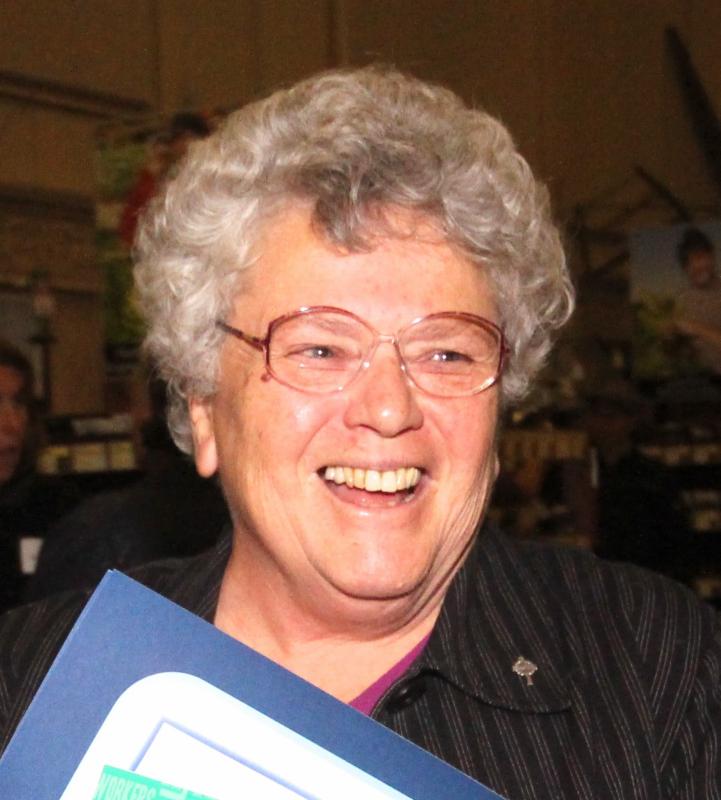
Diaconal ministry has at its heart connecting Christian scripture and tradition with the needs, hopes and concerns of the world. Using a framework of five key images, students will strengthen awareness of the sacred in the Church and the wider community, invigorate their practice of diakonia, and gain confidence in engaging others to do the same.
Instructor: Deacon Phina Borgeson brings to her work with CALL more than forty years experience teaching, facilitating, and mentoring in ministry education and formation. She thrives on encouraging deacons, those preparing to be deacons, and other members of the baptized to make connections among their daily lives, cultural and civic contexts, and faith traditions. She lives in Sonoma County, California, where her community ministry focus is on policy and practices for just and resilient food systems.
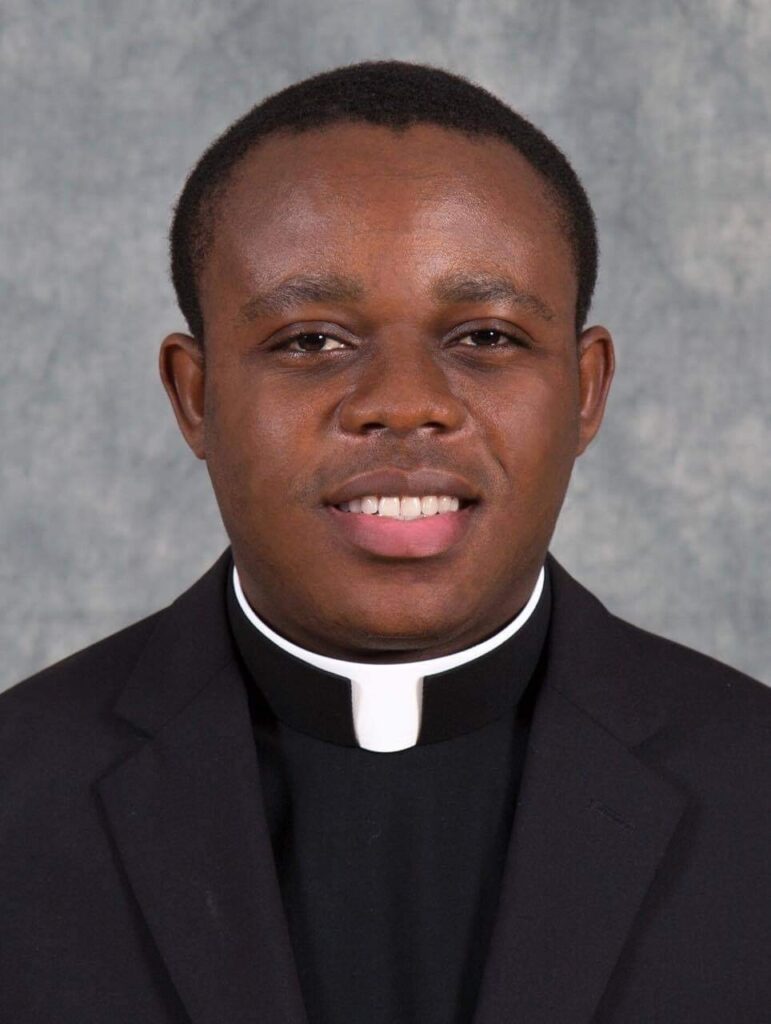
The course introduces the New Testament (NT) from a historical, literary, and theological perspective. It focuses on the Canonical Gospels’ distinct nature: the authorship, the key themes, issues the authors addressed, the theological teachings, and their relevance for ministry today.
Instructor: My name is Laurent Okitakatshi, the instructor for the course on parables. I am a Roman Catholic Priest and I hold a doctorate in Biblical Studies from the Graduate Theological Union in Berkeley. The New Testament is my primary area of concentration with a particular interest in the letters of St. Paul. My doctoral dissertation is entitled: “Not a slave, But a Beloved Brother in the Flesh and in the Lord: the Construction of a Koinonia-Space in the Letter to Philemon.” Ordained for the diocese of Tshumbe, I am originally from the Democratic Republic of Congo (Central Africa). English is my second academic language and my fourth spoken language after Otetela, Lingala, and French. I currently serve as the chaplain of the Catholic Campus Ministry (St. John Henry Newman Center) at Southeast Missouri State University in Cape Girardeau, Missouri. In the past two years, while a PhD candidate, I served as a teaching assistant to Professor Peter Ajer for the courses of Introduction to the New Testament at CDSP.
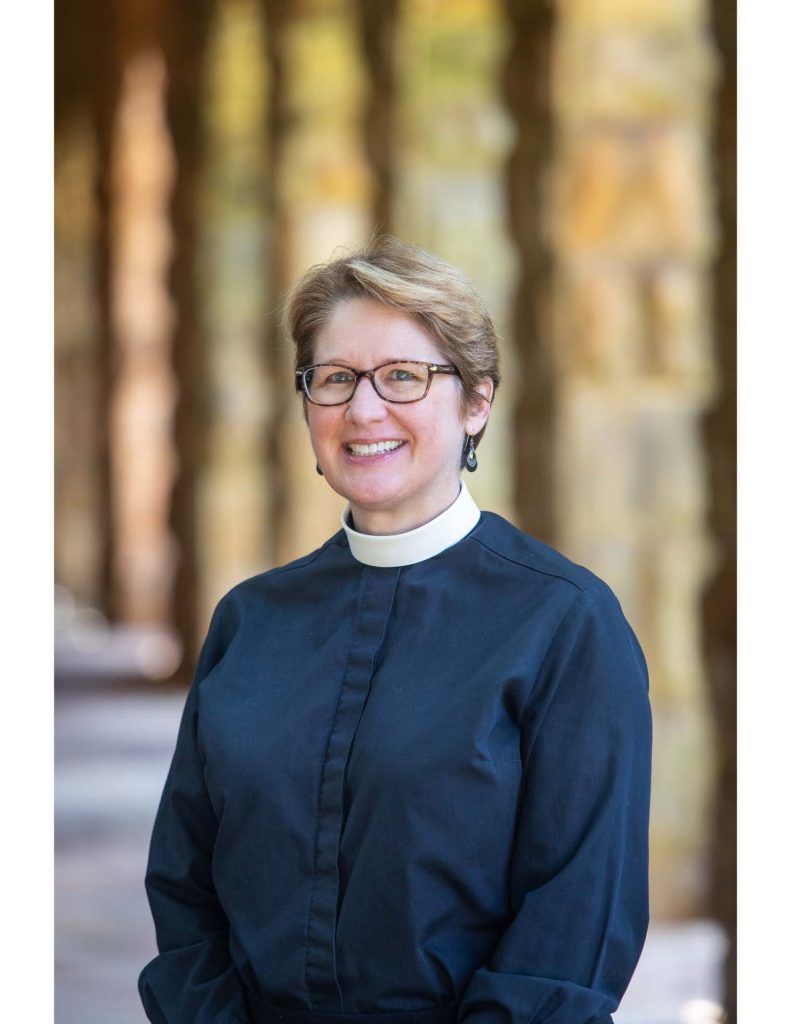
This course will examine the liturgical principles underlying the planning process for Episcopal Church worship, with specific emphasis on the 1979 Book of Common Prayer. This course will offer students a foundation for planning and leading worship services in the Episcopal Church. We will look at issues which influence the planning of any given service, such as the Church calendar and the liturgical space. We will look specifically at what to consider when planning and presiding at a baptism, at the Eucharist, at a marriage, and at a burial. We will also plan for special liturgies, such as those of Holy Week. This course would be beneficial to those who are wanting to know more about the liturgy of the Episcopal Church and will also offer a practical component for those who may be preparing for holy orders in both the priesthood and vocational diaconate.
Instructor: The Rev. Dr. Melissa Hartley is the Senior Associate University Chaplain at The University of the South, in Sewanee, Tennessee, where she coordinates worship for All Saints’ Chapel and leads the Catechumenate process. She teaches in the Doctor of Ministry and ACTS (Alternative Clergy Training in Sewanee) programs at the School of Theology. Melissa is an Episcopal priest from the Diocese of Atlanta and has served parishes in Georgia, New York, and New Jersey. She holds the following degrees: B.A., University of the South; M.Div., S.T.M., General Theological Seminary; Ph.D. (Liturgical Studies), Drew University.
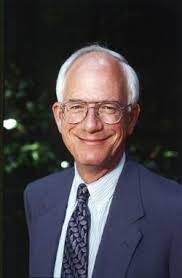
This course explores the question “Where is God in Climate Change?” from a biblical perspective. In virtually every form of media Climate Change is seen as an ever-present explanation for many natural disasters and crises, as well as an illustration of human failure, the result of our abuse of the earth’s environment. At the same time, Climate Change also provides a mandate for change of personal and governmental ecological stewardship, for saving the planet and humankind. We will explore basic biblical themes, stories, and teachings pertinent to the way we view God, the earth and the whole created order, and our relationship to them. Hopefully the Bible and its theological teachings can provide helpful perspectives for understanding and living faithfully with the challenges witnessed to and contained in Climate Change.
Instructor: Donn Morgan is Professor of Old Testament Emeritus at Church Divinity School of the Pacific. Always a student and teacher of the Bible, he also held administrative positions at CDSP (academic dean, president). He has been deeply involved in theological education in The Episcopal Church and the Graduate Theological Union, as well as teaching in Asia and England. His books include Fighting with the Bible, Manifesto for Learning, Talking with the Bible and The Oxford Handbook of the Writings of the Hebrew Bible (editor).
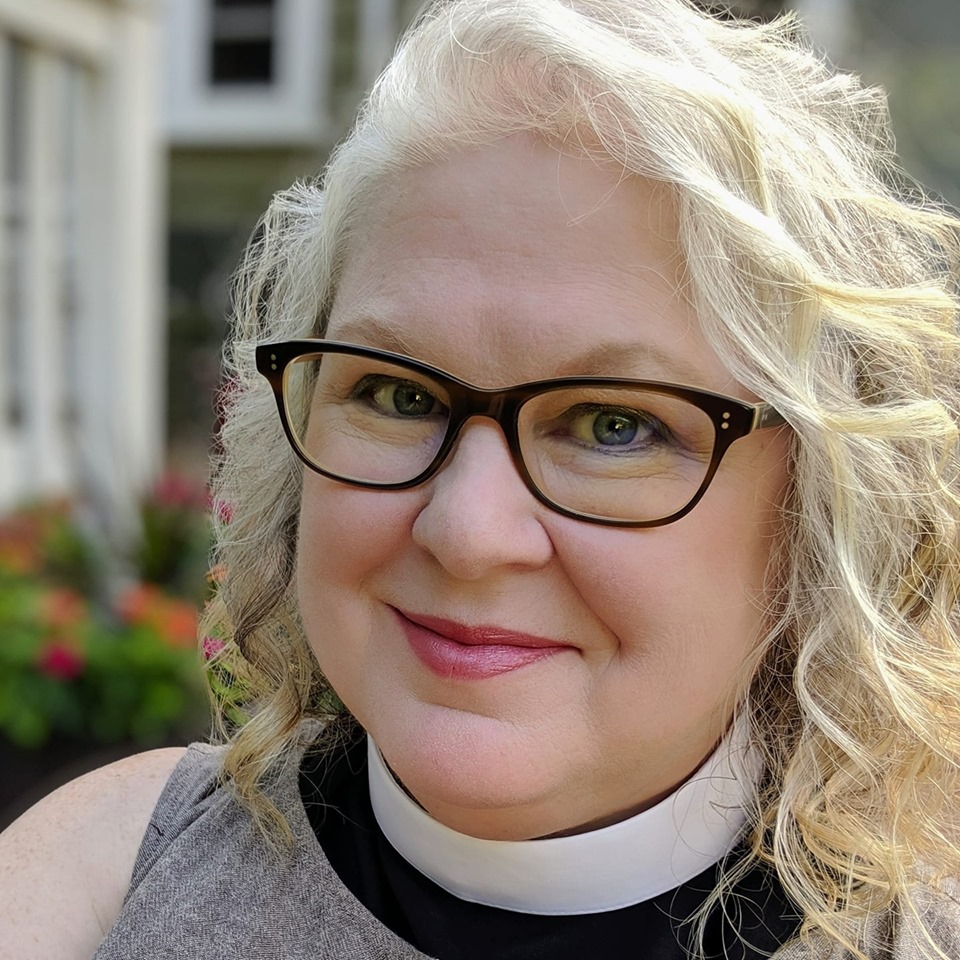
This course focuses on practical and theological foundations for engaging authentically and meaningfully with communities where life experiences, identities, and/or demographic characteristics reveal a social divide that can preclude others (and ourselves) from recognizing their full humanity. Readings and other course content integrate literature from social science, practical theology, and personal narratives of experience. The course begins with personal and theoretical reflections on privilege, power and difference and then considers approaches to authentic community engagement. Pastoral care in this framework honors the full humanity and unique experiences of individuals while simultaneously recognizing the social challenges of stigma, oppression, privilege and unconscious bias which can affect the quality and effectiveness of the helping relationship. Participants will engage with readings, mini-lectures, case studies and ethnographic narratives and discuss methods and approaches for collaborative, partnered ministry when engaging with marginalized communities. Individual reflections and participation in a group book project are essential components of this course.
Instructor: The Rev. Dr. Sarah Kye Price is a blended vocational priest and professor living and serving in Richmond, Virginia. She is a 2018 graduate of the low residency MDiv program at CDSP and a career social worker (BSW 1992, SUNY College at Buffalo; MSW 1993, Syracuse University; PhD 2005, Washington University in St. Louis). Sarah currently serves as Professor in the School of Social Work at Virginia Commonwealth University and Local Formation Director for the St. Phoebe School for Deacons, preparing vocational deacons to serve in the Dioceses of Virginia and Southwestern Virginia. She loves music, poetry, parenting, prayer beads, and pastoring at the margins of the world where God is always present.
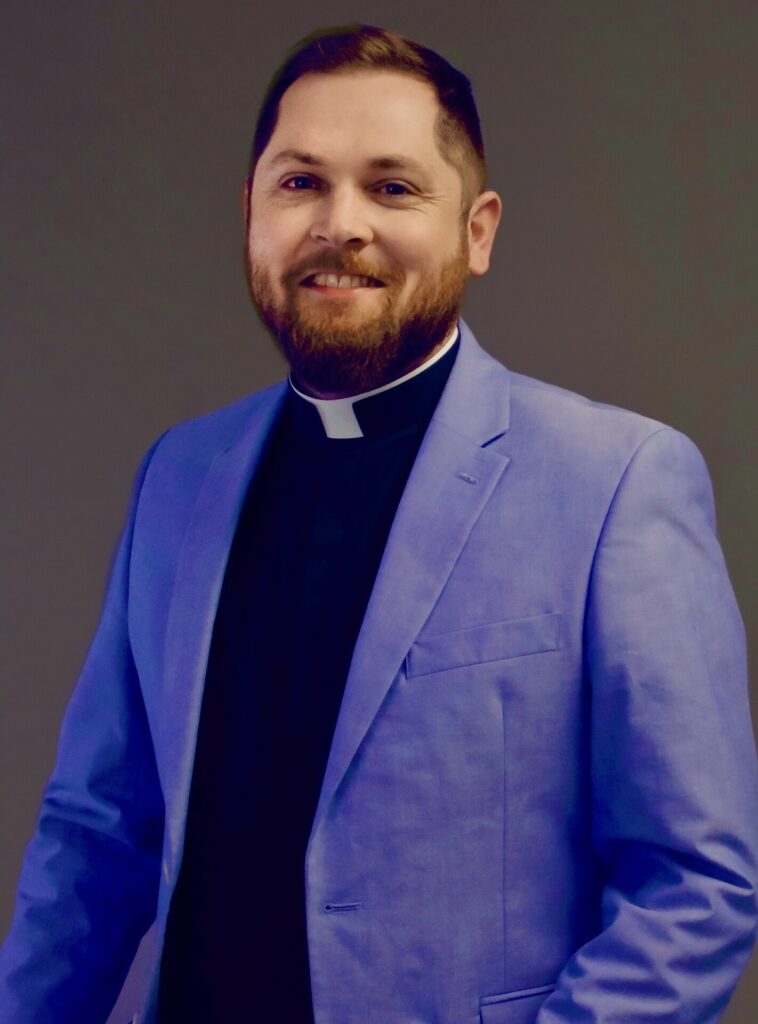
This course will cover the history of Christian Spirituality in the British Isles prior to the Protestant Reformation, including Celtic spirituality, Romano-British Christianity, Anglo-Saxon spirituality, and medieval English mysticism. Students will practice and reflect upon the spiritual disciplines described and prescribed in primary texts (The Cloud of Unknowing, Walter Hilton’s Scale of Perfection, Julian of Norwich’s Showings, Bede’s Ecclesiastical History of English People, Aelred of Rievaulx’s Spiritual Friendship, Celtic prayers and more) in order to better understand the texts in light of their experiences and their experiences in light of the texts. Their reflections will focus on the following two questions: How does the text inform my experience of the spiritual practice? And how does my experience of the spiritual practice inform and deepen my reading of the text? In this class, which will include both lecture and discussion, students will gain a broad knowledge of the various theologies and spiritualties that formed and eventually produced the distinctive flavor of Anglicanism and its many offshoots.
Instructor: The Rev. Daniel London, PhD, serves as the rector of Christ Episcopal Church in Eureka CA. He teaches courses on Christian Spirituality, World Religions and Anglican Ethics at CDSP, GTU, the School for Deacons, and the Center for Bible Study. He has published several articles and presented papers at academic conferences around the world. He is a certified Forest Therapy Guide and the author of The Cloud of Unknowing Distilled (Apocryphile Press) and Theodicy and Spirituality in the Fourth Gospel (Fortress Academic) He lives in the Transfiguration House in Eureka CA with his wife Dr. Ashley London Bacchi and their two Yorkies, Seabury and Gubbio.
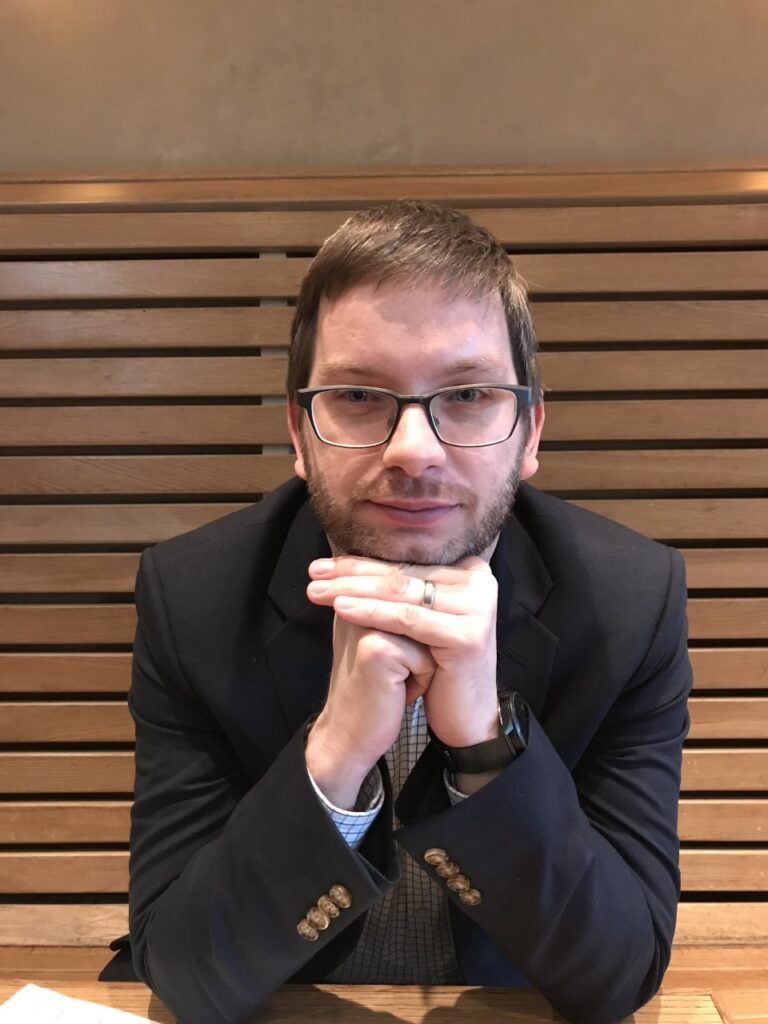
CANCELLED This course examines the complex phenomenon of the cross in Christian theological language, particularly around issues of salvation, justice, and discipleship. Upon successful completion of this course, the student will construct a theological proposal that answers: Is the Cross Redeemable? That is, does one need the cross for a succinct and sufficient theological language? Is it possible to speak Christian without the cross? The tension in the readings and lectures will walk the precarious line of answering these difficult questions.
Instructor: Dr. Stephan Quarles holds a PhD in Systematic and Philosophical theology from the Graduate Theological Union in Berkeley, Ca. He specializes in the intersections of 20th century philosophy with systematic theology, particularly the cross and apophatic theology. Stephan is a staff Chaplain at a Level One Trauma Center where he works on the Trauma/Surgical ICU and Palliative Cancer Clinic. He lives in Central Illinois with his wife and child.

